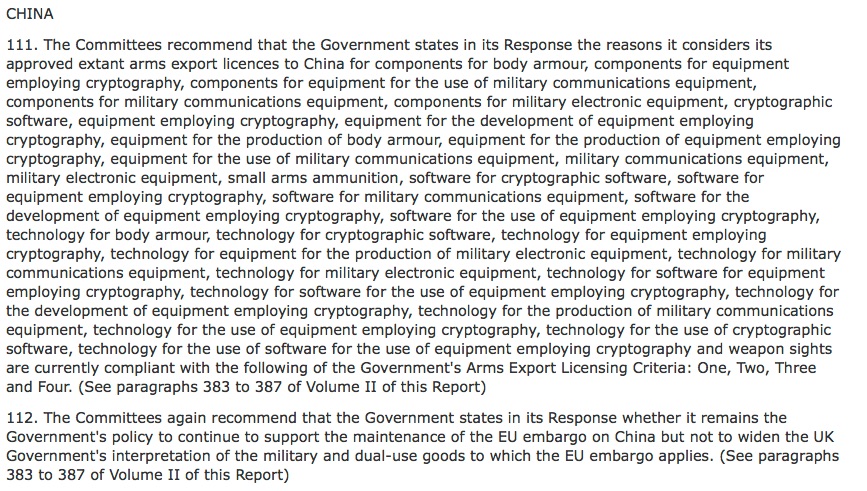Smart Technology we have now: A UK Case Study
In places today, where climate surveillance sensors are used to predict and decide which smog-days cars should be banned from cities, automatic number-plate recognition (ANPR) can identify cars driving on the wrong days and send automatic penalties.
Similarly ANPR technology is used in our UK tunnels and congestion charging systems. One British company encouraging installation of ANPR in India is the same provider of a most significant part of our British public administrative data and surveillance softwares in a range of sectors.
About themselves that company says:
“Northgate Public Services has a unique experience of delivering ANPR software to all Home Office police forces. We developed and managed the NADC, the mission critical solution providing continuous surveillance of the UK’s road network. The NADC is integrated with other databases, including the Police National Computer, and supports more than 30 million reads a day across the country.”
30 million snapshots from ‘continuous surveillance of the UK’s road network‘. That’s surprised me. That’s half the population in England, not all of whom drive. 30 million every day. It’s massive, unreasonable, and risks backlash.
Northgate Public Services’ clients also include 80% of UK water companies, as well as many other energy and utility suppliers.
And in the social housing market they stretch to debt collection, or ‘income management’.
So who I wondered, who is this company that owns all this data-driven access to our homes, our roads, our utilities, life insurance, hospital records and registeries, half of all UK calls to emergency services?
Northgate Information Solutions announced the sale of its Public Services division in December 2014 to venture capital firm Cinven. Cinven that also owns a 62% shareholding in the UK private healthcare provider Spire with all sorts of influence given their active share of services and markets.
Not only does this private equity firm hold these vast range of data systems across a wide range of sectors, but it’s making decisions about how our public policies and money are being driven.
Using health screening data they’re even making decisions that affect our future and our behaviour and affect our private lives: “software provides the information and tools that housing officers need to proactively support residents, such as sending emails, letters or rent reminders by SMS and freeing up time for face-to-face support.”
Of their ANPR systems, Northgate says the data should be even more widely used “to turn CONNECT: ANPR into a critical source of intelligence for proactive policing.”
If the company were to start to ‘proactively’ use all the data it owns across the sectors we should be asking, is ‘smart’ sensible and safe?
Where is the boundary between proactive and predictive? Or public and private?
Where do companies draw the line between public and personal space?
Who’s driving decision making is clear. The source of their decision making is data. And it’s data about us.
Today already whether collected by companies proactively like ANPR or through managing data we give them with consent for direct administrative purpose, private companies are the guardians of massive amounts of our personal and public data.
What is shocking to me, is how collected data in one area of public services are also used for entirely different secondary purposes without informed consent or an FYI, for example in schools.
If we don’t know which companies manage our data, how can we trust that it is looked after well and that we are told if things go wrong?
Steps must be taken in administrative personal data security, transparency and public engagement to shore up public trust as the foundation for future datasharing as part of the critical infrastructure for any future strategy, for public or commercial application. Strategy must include more transparency of the processing of our data and public involvement, not the minimum, if ‘digital citizenship’ is to be meaningful.
How would our understanding of data improve if anyone using personal data were required to put in place clear public statements about their collection, use and analysis of data? If the principles of data protection were actually upheld, in particular that individuals should be informed? How would our understanding of data improve especially regards automated decision making and monitoring technology? Not ninety page privacy policies. Plain English. If you need ninety pages, you’re doing too much with my data.
Independent privacy impact assessments should be mandatory and published before data are collected and shared with any party other than that to which it was given for a specific purpose. Extensions broadening that purpose should require consultation and consent. If that’s a street, then make it public in plain sight.
Above all, planning committees in local government, in policy making and practical application, need to think of data in every public decision they make and its ethical implications. We need some more robust decision-making in the face of corporate data grabs, to defend data collected in public space safe, and to keep some private.
How much less fun is a summer’s picnic spent smooching, if you feel watched? How much more anxious will we make our children if they’re not allowed to ever have their own time to themselves, and every word they type in a school computer is monitored?
How much individual creativity and innovation does that stifle? We are effectively censoring children before they have written a word.
Large corporations have played historically significant and often shadowy roles in surveillance that retrospectively were seen as unethical.
We should consider sooner rather than later, if corporations such as BAE systems, Siemens and the IMSs of the world act in ways worthy of our trust in such massive reach into our lives, with little transparency and oversight.
“Big data is big opportunity but Government should tackle misuse”
The Select Committee warned in its recent report on Big Data that distrust arising from concerns about privacy and security is often well-founded and must be resolved by industry and Government.
If ‘digital’ means smart technology in the future is used in “every part of government” as announced at #Sprint16, what will its effects be on the involvement and influence these massive corporations on democracy itself?
******
I thought about this more in depth on Part one here, “Smart systems and Public Services” here (part two), and continue after this by looking at “The Best Use of Data” used in predictions and the Future (part four).




